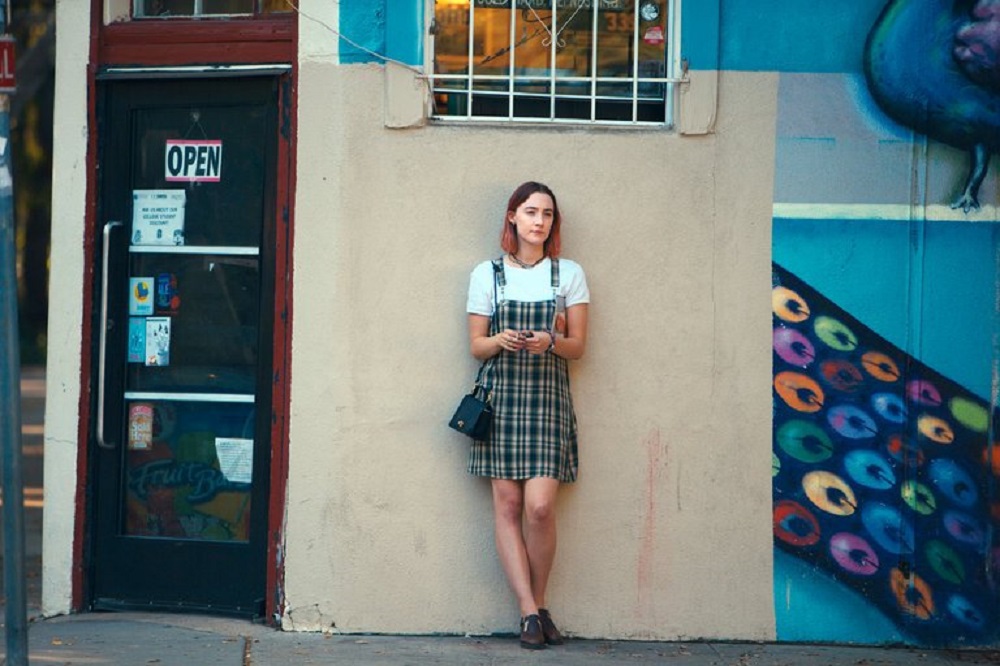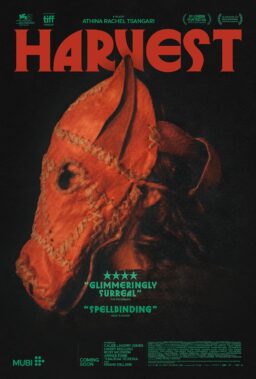In anticipation of the Academy Awards, we polled our contributors to see what they thought should win the Oscar. Once we had our winners, we asked various writers to make the case for our selection in each category. Here, Arielle Bernstein makes the case for the Best Actress of 2017: Saoirse Ronan in “Lady Bird.” Two winners will be announced Monday through Thursday, ending in our choices for Best Director and Best Picture on Friday.
In one of my favorite scenes in “Lady Bird,” the film’s heroine finds herself in complete shock after realizing that the boy she lost her virginity to is not only not a virgin himself but is also not particularly sensitive. “You’re choosing to be sad,” he tells her, when she expresses that she wanted her first time to be more special. “Different things can be sad,” she replies, wisely “It’s not all about war.” Lady Bird is still for a moment, and then, suddenly, realizing that she might lose what little she now has, chooses to try and salvage the relationship, and very earnestly asks her dopey boyfriend if he still wants to go to prom.
On the surface, Lady Bird’s character is loud, impulsive, unsubtle. And yet, it’s Saoirse Ronan’s mastery of these kinds of kind of quiet tonal shifts that mark her performance. Ronan takes the tropes of teen girlhood (the squeals of delight at a first kiss, the squabbles with her mom, the days of writing on the walls of her pink-walled bedroom) and insists that these are moments are a kind of powerful becoming, as well as an articulation of the ways that Christine “Lady Bird” MacPherson’s character is growing and changing.
We see this in starts and stops: when Lady Bird’s first boyfriend, Danny, begins to apologize to her, Lady Bird simmers in her own rage, and yet, when he then explains how hard it is for him to come out as gay, she suddenly shifts from anger to compassion, quickly embracing the person she refused to talk to a moment before. Lady Bird might be the kind of person to throw herself out of a car during a fight, but she is also the kind of person who listens quietly when her father explains why her mom never gave her letters she spent hours trying to write:
“She was worried that you’d judge her writing abilities,” her father tells her.
“I wouldn’t do that,” Lady Bird replies gently.
Ronan’s performance embraces Lady Bird’s complexities, pushing us to see the story of a teen girl’s coming-of-age as important, deeply human, and humane. Rather than playing Lady Bird as a “likable” or “unlikable” protagonist, Ronan instead insists on her messiness. It’s this subtlety that allows us to see Lady Bird’s character as basically unchanged, yet also evolved by the very end of the film.
“You clearly love Sacramento,” her adviser, Sister Sarah-Joan tells her.
“I guess I pay attention,” Lady Bird tells her.
“Don’t you think that maybe they are the same thing? Love and attention?” Sister Sarah-Joan replies.
Lady Bird doesn’t truly feel that sentiment until she is far away from home, when, after a night of making out with a new crush, throwing up, and being hospitalized for passing out drunk, she chooses to go to a church and is overwhelmed by a flood of memories, which lead her to call home, and to deliver a final monologue for her mom that is about connection as much as it is about gratefulness. Ronan allows this monologue to be understated, slightly shaky, a semicolon, rather than a period on what will be the mother-daughter relationship moving forward. As she hangs up the phone, she smiles slightly, proud of herself, before looking away from the camera, as if trying to decide the next step to move forward.











